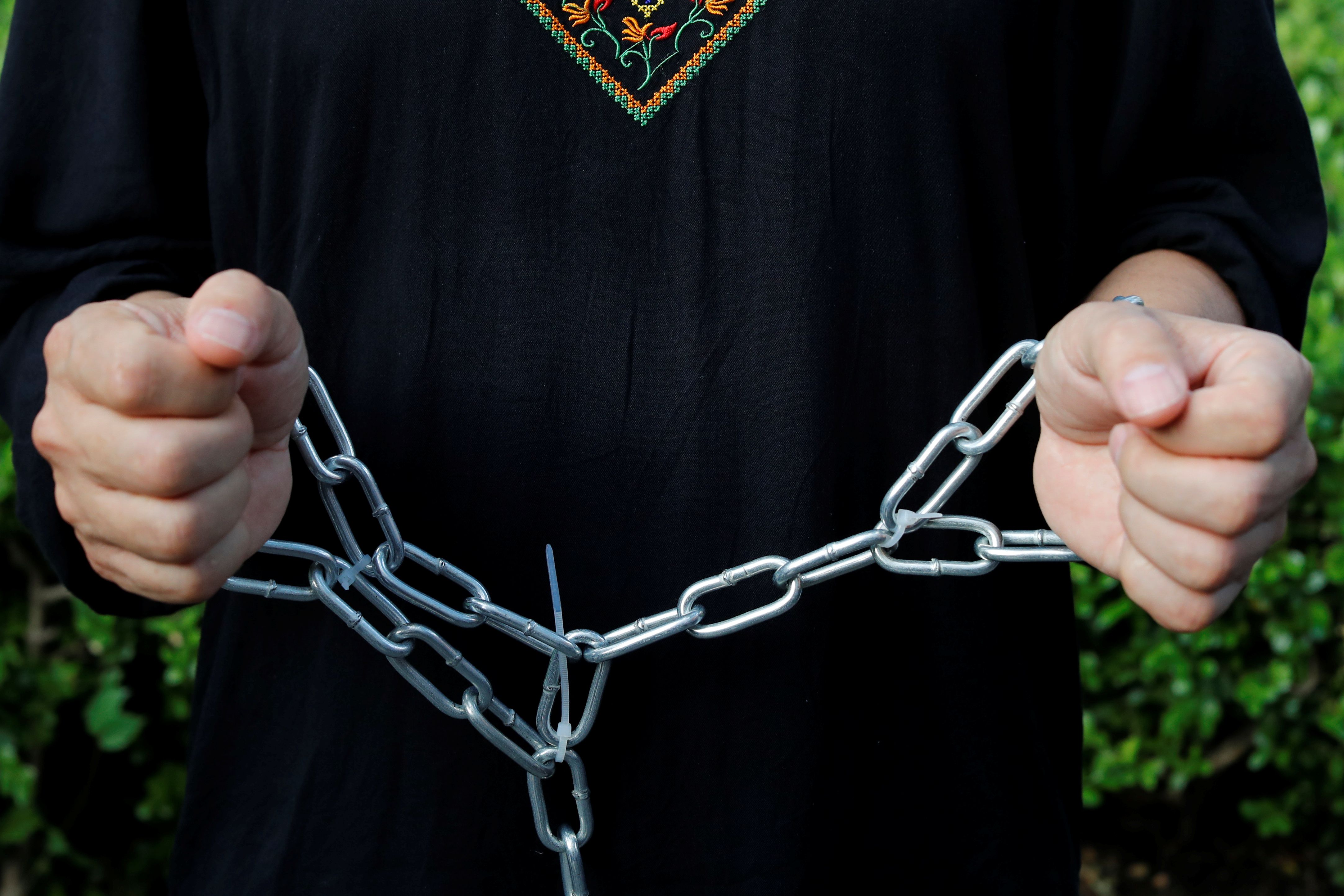Uyghur Dissident Ilham Tohti Awarded Sakharov Prize

Who is the laureate?
Ilham is a citizen of the People’s Republic of China and a Uyghur (Turkic ethnic minority), as well as an economist by profession. He was born in 1969 in the Xinjiang Uyghur Autonomous Region and is a graduate of the University of National Minorities in Beijing, where he lectured until 2014. In 2006, he founded a website opposed to the independence of the province, promoted by the Islamic Movement of East Turkestan (ETIM) and others, and instead encouraged agreement with the native Han Chinese. However, he also criticized China’s social and nationalist policies in Xinjiang. The Chinese authorities detained him for the first time in 2009, but he was released after pressure from U.S. President Barack Obama. He was imprisoned again in 2014 and, after a two-day trial, he was found guilty of “separatism,” sentenced to life imprisonment and the forfeiture of all property.
Why was he awarded the Sakharov Prize?
The prize reflects the EP’s opposition to China’s policy in Xinjiang. Since 2013, China has restricted the freedoms of the Uyghur minority using new technologies such as camera monitoring and facial recognition, and implemented the apparatus of stronger repression, explaining it as a fight against separatism and terrorism, linking the latter with radical Islamists. There have been terrorist attacks in the province and elsewhere across the country against police and civilians in which ETIM was blamed. Since 2017, the Chinese authorities have imprisoned about one million Uyghurs in special camps. The repression of their Islamic faith (by closing mosques, restrictions on Ramadan), has led some Uyghurs to radicalise, with about 300 leaving to fight alongside ISIS in Syria. By recognising Ilham with the award, the EP is also publicly noting his conciliatory approach towards the majority Han Chinese.
Will the prize influence Ilham`s fate and/or China’s policy towards the Uyghurs?
The award probably will not change Ilham`s situation—the chances of his release are slim and it is not even certain whether he has been informed about the prize. The award may, however, spur an improvement in his treatment in prison, such as increased access to medical care. The Chinese authorities will want to avoid a repeat of the fiasco when Nobel Peace Prize winner Liu Xiaobo died after he was transferred at the last moment from prison to hospital. There is also next to no chance for a change in China’s policy towards the Uyghurs. The Chinese authorities say that the camps are voluntary and educational, Ilham is a criminal, and their policy is justified by state security. China’s policy towards the Uyghurs is also supported by Saudi Arabia, Pakistan, and Egypt, with economic cooperation with the Chinese partner at stake. Turkey has taken a similar approach, even though the Uyghurs have Turkish ethnic roots.
What does the award mean for EU policy towards and relations with China?
The prize is further proof of the EU adopting a more critical attitude towards China and of a common approach with the U.S., which recently imposed restrictions on Chinese companies and officials regarding their actions in Xinjiang. It is a clear statement that human rights issues will continue to play an important role in the EU’s relations with China. Ilham`s nomination for the prize was proposed by Renew Europe, the liberal and third-largest parliamentary group, and was supported by the largest grouping, the European People’s Party. The new EP is setting out that it will be the vanguard of these activities. China has decried the award as interference in its internal affairs, which may temporarily hinder EP contact with the Chinese authorities; however, given the current impact and stakes of the strategic competition with the U.S., China is more interested in wider cooperation with the EU and therefore will limit its retaliation.


